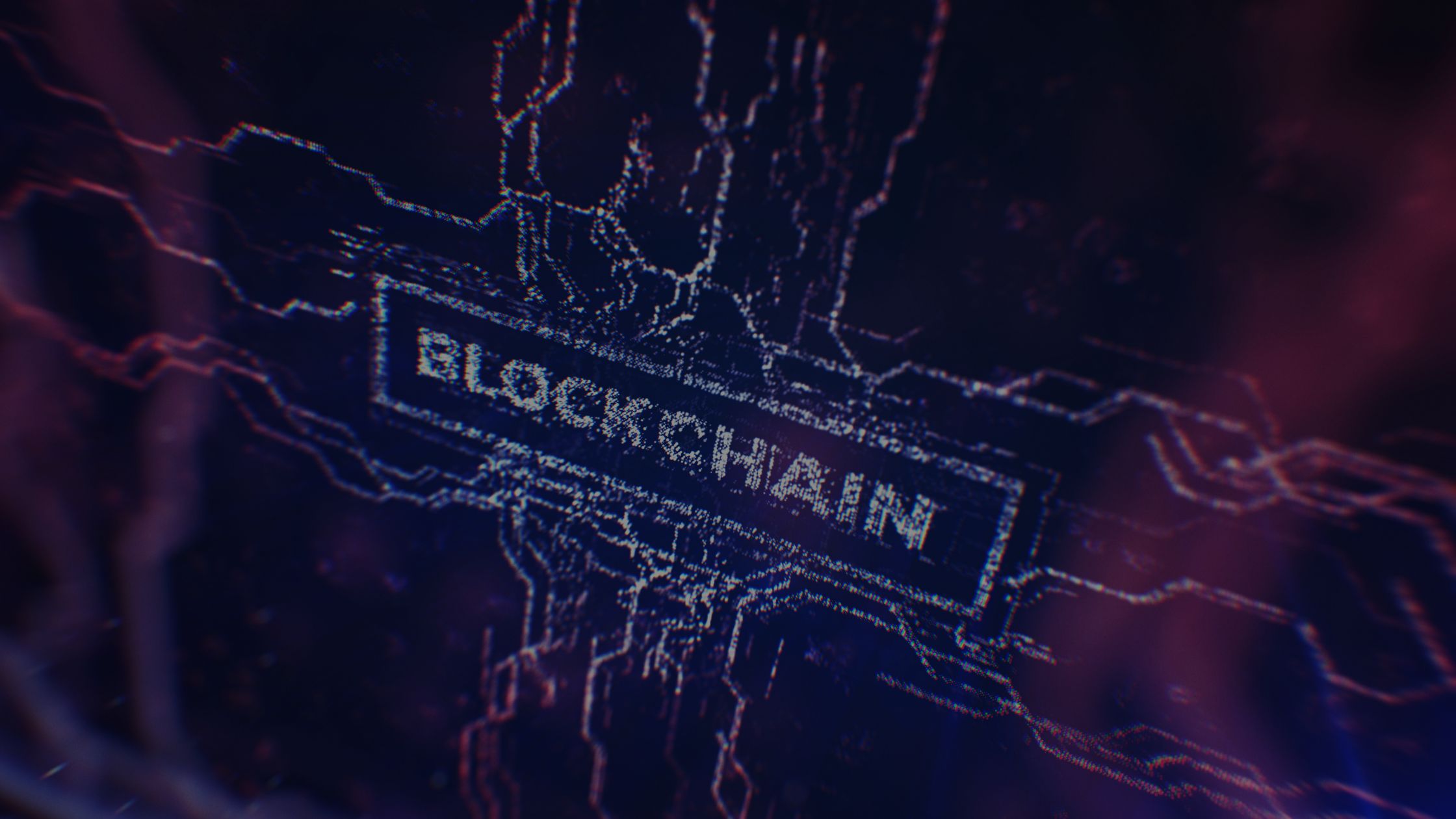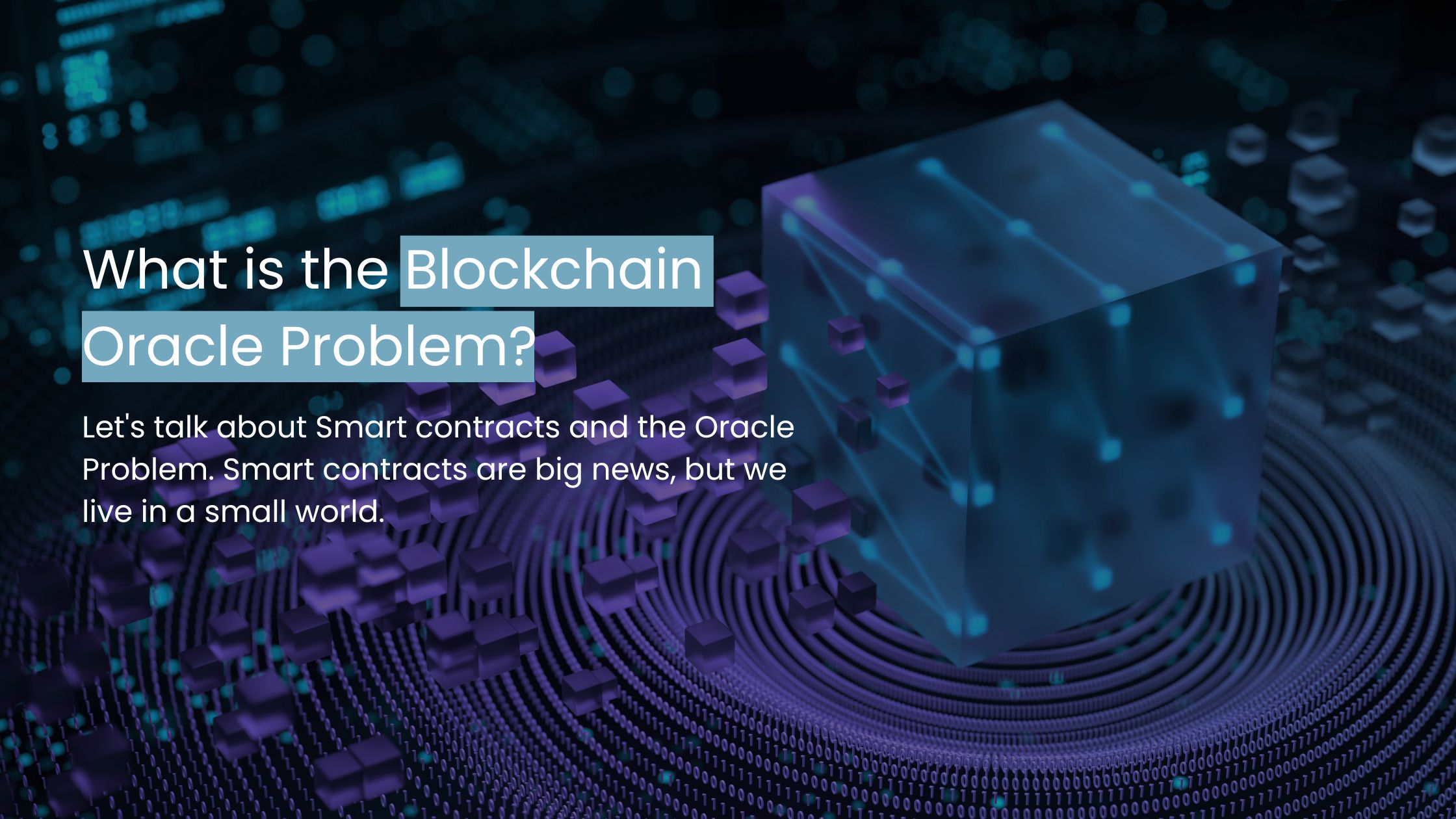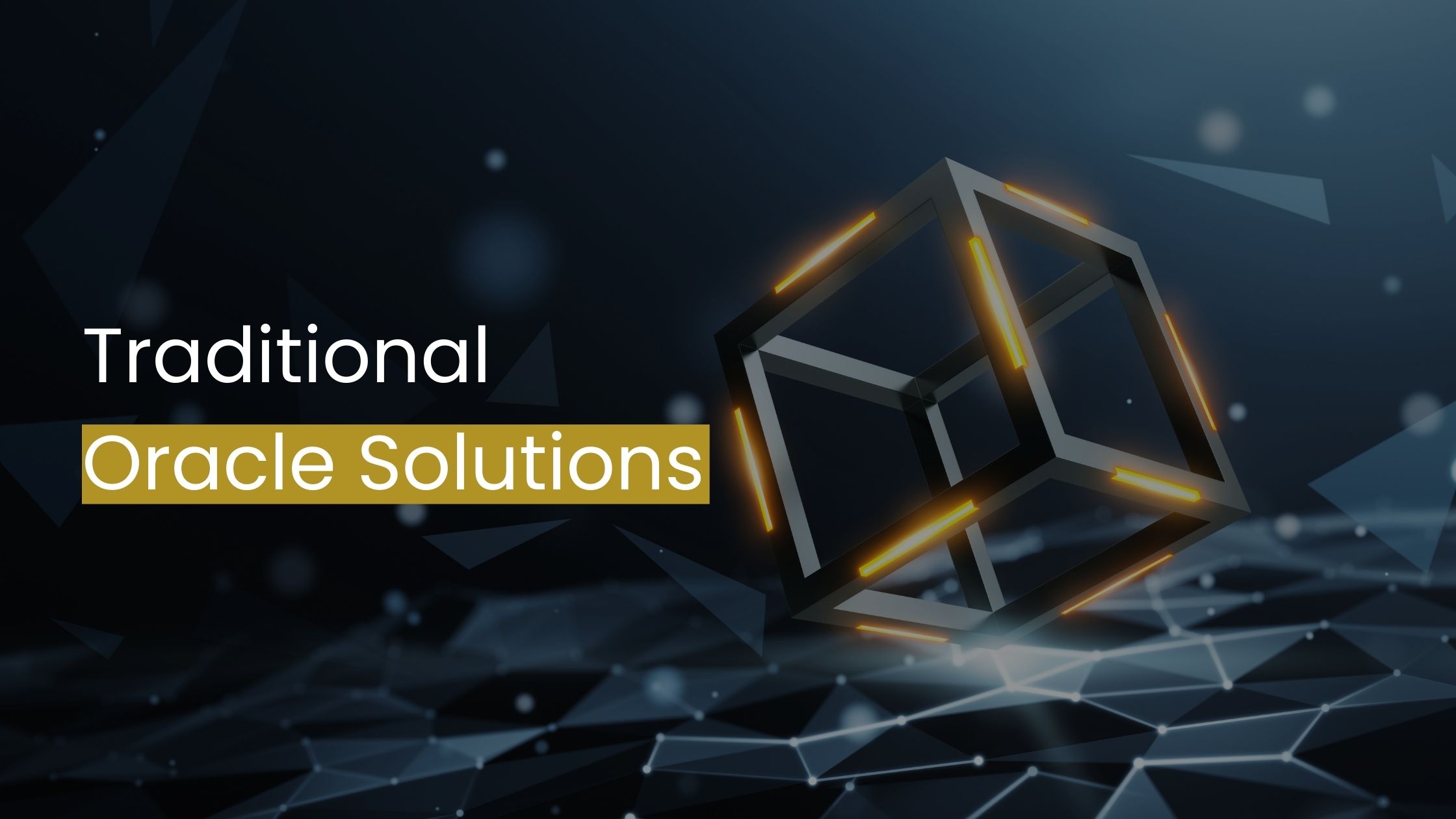
Smart contracts are code-based agreements that execute themselves and transform our transaction methods. These self-acting arrangements ensure secure automation, eliminating the need for intermediaries. However, they face a serious hurdle, the “oracle problem.” The issue stems from smart contracts operating within a detached, exclusive environment on the blockchain. This detachment creates a barrier to accessing real-world data or info.
With a trustworthy source supplying external data, uses for smart contracts are greatly expanded. Think of a self-executing contract for decentralized insurance. Assessing claims accurately needs access to real-life stats like weather updates, mishap briefings, or medical histories.
Likewise, decentralized finance (DeFi) demands recent price feeds for diverse assets to carry out deals and derivatives. Lacking reliable access to external info impairs these smart contracts significantly. The fallout from unreliable Oracle data can be disastrous. Wrong or tampered data can drag along financial damage, system breakdowns, and even security risks.
Hence, resolving the oracle problem is imperative for smart contracts to find broad acceptance and success.
What is the Blockchain Oracle Problem?

Let’s talk about Smart contracts and the Oracle Problem. Smart contracts are big news, but we live in a small world. They are safe, yes, but they can’t really interact with things outside of their digital home.
This is what we call the oracle problem. Picture a smart contract like a high-tech vending machine. It can give you different items (run code) depending on your choices (contract terms). But, unlike a real-world vending machine with physical buttons, a smart contract lives entirely online. Anything happening outside, like price changes, weather updates, or world finance, is out of its reach.
When it comes to data, this becomes a problem. Why?
Because smart contracts can be messed with. Bad guys could change the data given to a smart contract. Even more, this could lead to mistakes and people losing money. Imagine if someone could feed false price data to an Oracle feed. They could end up making money from trades they messed with. A possible solution? Oracles. These guys act like a middleman. To bridge the gap between the Blockchain and the real world, oracles act as intermediaries. They take data from the real world or external sources and share it with smart contracts in a verifiable & trustworthy manner. In the context of blockchain technology, “oracles” refer to entities or mechanisms that serve as bridges between the blockchain ecosystem (which operates in a decentralized and deterministic manner) and the real world (which is often unpredictable and requires real-time data). They’re like the hometown friend of the blockchain, the eyes and ears. In addition to it, they ensure smart contracts have what they need to work right.
Types of Oracle Data
Oracle Data Varieties: Smart contracts rely on many data types. Each application determines what’s needed. These usually consist of:
1. Price Feeds: For example, real-time or past price data for diverse assets like cryptocurrencies, stock market shares, or commodities.
2. Weather Details: Things like temperature, humidity, and more for contracts related to insurance or farming practices.
3. IoT Sensor Information: Details from physical sensors help manage supply chains or in automated industries.
4. Juridical Information: Data about legal contracts, regulations, or court decisions for smart contracts ensuring adherence to rules.
5. Social Media Specifics: Things like sentiment analysis or data on user behavior can be beneficial in the realms of marketing or finance.
Traditional Oracle Solutions

If there is an Oracle problem, there got to be a solution, right? Oracle tools were designed to link the blockchain with real-world happenings, but they also come with obstacles.
A. Centralized Oracles
Centralized oracles depend on one group or organization to feed information to smart contracts. These oracles are easy to set up, but there is one problem. If the singular oracle fails, the data it provides will not be trusted, which can lead to big issues for the smart contract. The oracle operator might also manipulate the data.
B. Decentralized Oracles
Because singular oracles have faults, many source oracles have replaced them. These solutions use different data sources and checks to ensure the information is safe and accurate. Meanwhile, by passing the responsibility for data to multiple groups, many source oracles aim to lower the chances of data manipulation and increase its accuracy.
C. Hybrid Oracles
Hybrid oracles use traits from singular and many-source oracles to maximize their strengths. Simultaneously, these tools might use multiple data sources, including singular and many source oracles, and employ data organization and verification methods to ensure the data is sound. Mix-and-match oracles can hit a sweet spot between safety, dependability, and effectiveness.
Usual problems with Ordinary Oracles
Ordinary Oracle applications face some critical security, accuracy, and scalability issues.
- Security Concerns: One problem with centralized oracles nowadays is they can be easily targeted. Bad guys might hit the Oracle system, which can mess up or damage the data feed. Also, someone might even trick the oracle operator, which can lead to dishonest data entering the system. This messes up the faith and trustworthiness of smart contracts that rely on Oracle data.
- Data Reliability: Ensuring data from ordinary oracles is accurate and can be trusted is tough. Data can be late, damaged, or even changed during the delivery or gathering stage. Plus, it’s hard to check if the data is accurate, especially from many places.
- Scalability Obstacles: Ordinary oracles sometimes need help to keep up with the rising demand for data from increasing numbers of smart contracts. Processing and delivering lots of data quickly can pressure centralized Oracle services. This might cause slow response times and performance problems.
Changes in the Oracle World
New patterns are showing up in the world of Oracle problems. People are looking into options to protect Oracles from threats like quantum computing, which would make them quantum-resistant. Another pattern is the growth of decentralized data networks. These could provide a stronger base for Oracles in the future, making them less dependent on centralized sources of data.
Why Oracles Need to be Trustworthy
Trustworthy oracles are vital to the blockchain world. They allow smart contracts to interact with real-world details, opening up many possibilities. The need for safe and exact Oracle services will only grow as blockchain advances.
Wrapping Up!
The predicament of the Oracle problem is a big hurdle in making reliable, sturdy, smart contracts. Traditional Oracle solutions come short, but new decentralized and hybrid models give us hope. They show ways to clear up problems with security, accuracy, and growth capacity. The territory of the oracle continues to change and grow. Developers, scholars, and folks in the broader blockchain community should pitch in and support making safe and trustworthy oracle answers. When we do this, we can make the most out of smart contracts and promote blockchain tech in many fields.
Want to learn more about the Blockchain Technology & Crypto World? Check out our Blogs section. Thank you for staying tuned with the Blockchainist!






